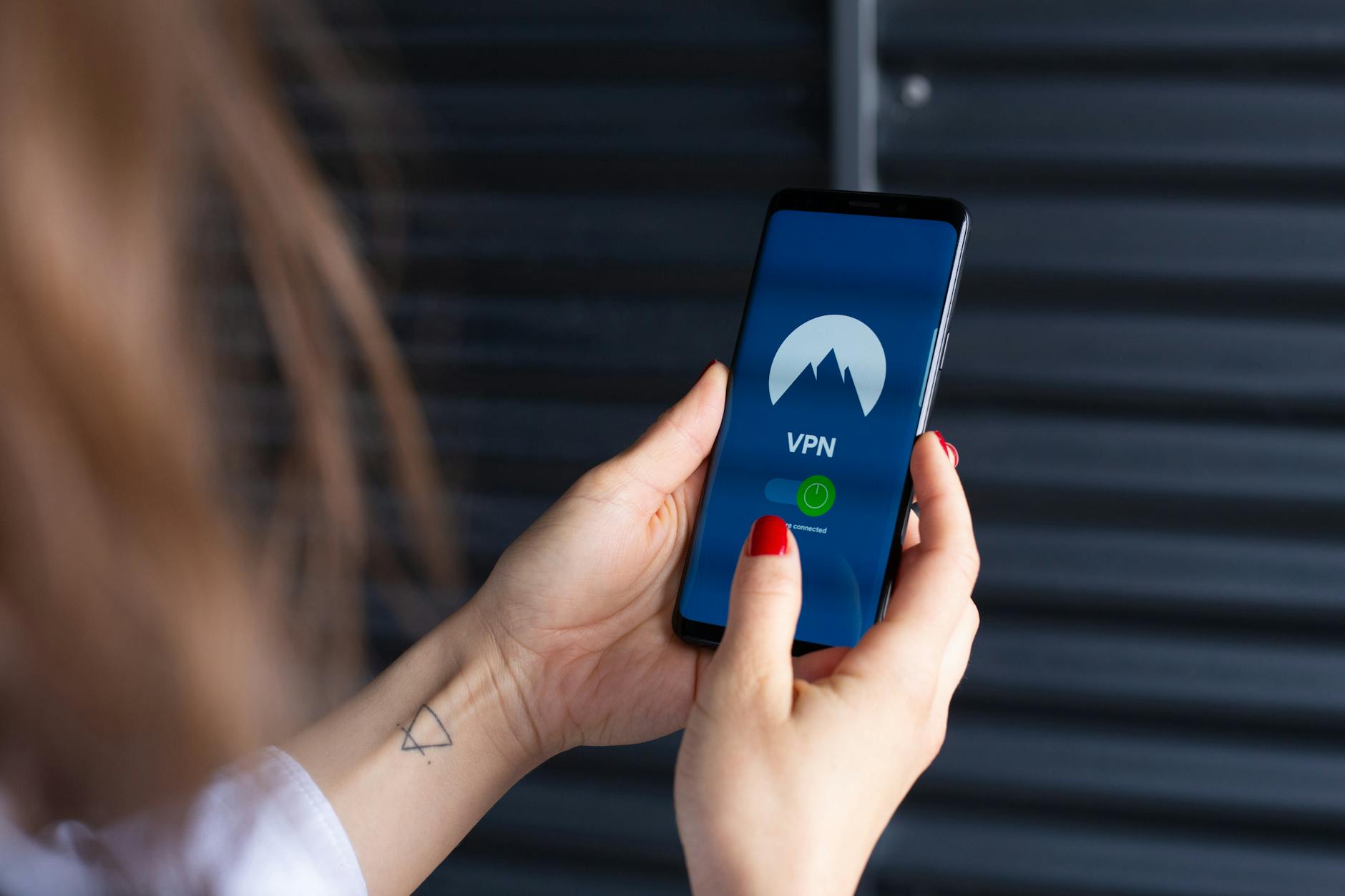Location Services: Must-Have Tips for Effortless Privacy Protection
In today’s digital age, location services have become an integral part of our lives, providing convenience and efficiency in various aspects. From finding the nearest restaurant to navigating through unfamiliar streets, location services offer a wide range of benefits. However, with the convenience that location services bring, there comes a concern for privacy and security. To ensure your privacy remains protected while utilizing location services, here are some must-have tips to implement effortlessly.
Understanding App Permissions and Settings
One of the essential steps in protecting your privacy when using location services is to understand the app permissions and settings. When installing an app that requires access to your location, always review the permissions it requests. Be wary of apps that ask for unnecessary location data or access to your location at all times. Opt for apps that allow you to customize location settings, such as only sharing your location while using the app.
Utilize Geolocation Services Sparingly
While it can be tempting to leave geolocation services on all the time, consider using them sparingly. Turn off location services when not needed, especially for apps that do not require your precise location to function correctly. By limiting the use of geolocation services, you can prevent unnecessary tracking of your movements and enhance your privacy.
Disable Location Sharing in Social Media
Many social media platforms utilize location services to tag your whereabouts in posts and photos. To protect your privacy, disable location sharing in social media apps. Avoid broadcasting your exact location to the public, as it can pose risks to your safety and security. Instead, share location information selectively with trusted individuals to maintain privacy while using social media.
Regularly Review Location History
Most devices and apps store a history of your location data, which can potentially compromise your privacy if accessed by unauthorized parties. Take the time to regularly review and delete your location history to minimize the exposure of your whereabouts. Be cautious about enabling features that automatically record your location, and consider turning off such functionalities if they are not essential to you.
Use Virtual Private Networks (VPNs)
To further enhance your privacy when using location services, consider using a Virtual Private Network (VPN). A VPN encrypts your internet connection, making it more challenging for third parties to track your online activities, including your location. By utilizing a VPN, you can add an extra layer of security and anonymity while browsing the web and using location-based services.
Opt-Out of Location Tracking
Some apps and services may track your location for targeted advertising or data analytics purposes. Protect your privacy by opting out of location tracking whenever possible. Check the privacy settings of apps and services to see if there is an option to disable location tracking. By taking control of your location data, you can minimize the risks associated with unauthorized tracking and profiling.
Stay Informed About Privacy Policies
Stay informed about the privacy policies of the apps and services you use that involve location data. Keep abreast of any updates or changes to their privacy practices, especially regarding how they handle and protect your location information. Being aware of the privacy policies can help you make informed decisions about which apps to trust with your location data and which ones to avoid.
In conclusion, while location services offer convenience and efficiency, it is essential to prioritize your privacy and security when using them. By implementing the tips outlined above, you can enjoy the benefits of location services while safeguarding your sensitive information. With a proactive approach to protecting your privacy, you can navigate the digital landscape with confidence and peace of mind.



